WHAM!
What's Happening At Milgate!

WHAM!
What's Happening At Milgate!
Milgate Primary School would like to acknowledge the traditional owners of the land of the Wurundjeri People and we would like to pay our respects to the elders both past and present. Staff, students and the school community understand that we thrive, learn and live on Wurundjeri Country and we stand with all cultures united as one.
CALENDAR
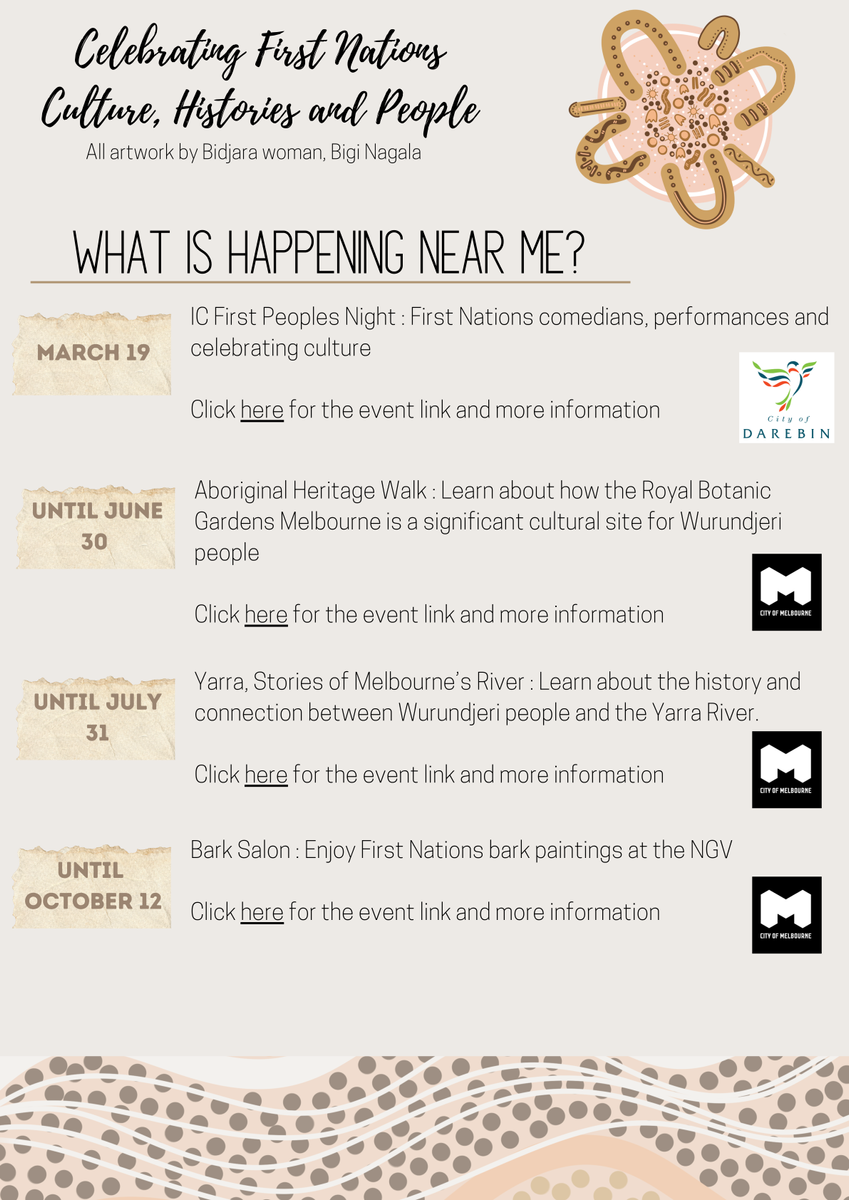

FORTNIGHTLY WOI WURRUNG WORD


SETTING STUDENTS UP FOR SUCCESS
We strive to provide every student with the best possible educational experience, and a crucial part of that experience begins with being present and on time. While it might seem like a small thing, arriving even five minutes late to school can significantly disrupt a student’s learning for the day.
Our school day officially begins at 8:50am, with students allowed on-site starting at 8:30am. This early arrival time provides an important window for students to settle in, get organised, and mentally prepare for the day ahead. The time between 8:50 and 9:00am is especially vital as it gives students the opportunity to organise their materials, gather their thoughts, and review any instructions they may need for the first lesson.
When students arrive late, even by just a few minutes, they miss key moments in the beginning of the day that set the tone for their learning. Whether it’s a warm-up activity in literacy, a quick review of numeracy concepts, or a discussion that leads into the day’s lessons, these early moments are critical to helping students build a solid foundation for the rest of their day.
Late arrivals can also have a ripple effect on the rest of the class. Students who arrive after the bell might need additional help getting settled or catching up, which can interrupt the flow of lessons for both the student and their peers. This can lead to added stress, confusion, and missed learning opportunities.
We understand that mornings can be busy, but we encourage all students to arrive at school by 8:50am. This will give them the time they need to settle in and prepare for a productive day. Not only will they benefit from starting the day with a clear focus, but it also sets a positive example for the rest of the school community.
Arriving on time is a simple but important habit that helps students take full advantage of their education. By ensuring they are present and settled before the start of lessons, students set themselves up for success—both academically and personally. Let’s work together to make sure every student is ready to learn from the moment the school day begins.
On Friday, our school held an exciting and energetic Fun Run event, and it was a huge success! Students laced up their sneakers and ran their hearts out, all in support of a great cause – raising funds for our new playground!
We would like to extend a special thank you to all the parents who volunteered their time and energy to help organize and supervise the event. Your support made this day run smoothly and ensured that everyone had a fantastic time.
The money we raise will go directly toward funding the much-anticipated new playground, which will provide hours of fun and physical activity for our students.
Just a reminder that you can still fundraise to be a part of the much sought after Dunk the Teachers challenge and win your class a movie and pizza!!! It will close on Monday 24 March at 10:00am!
https://milgatefunrun.goraiseit.com.au/
We have currently raised $31,541. Keep up the great work everyone!
Thank you again to everyone who participated and supported this event – we can’t wait to see the playground come to life!
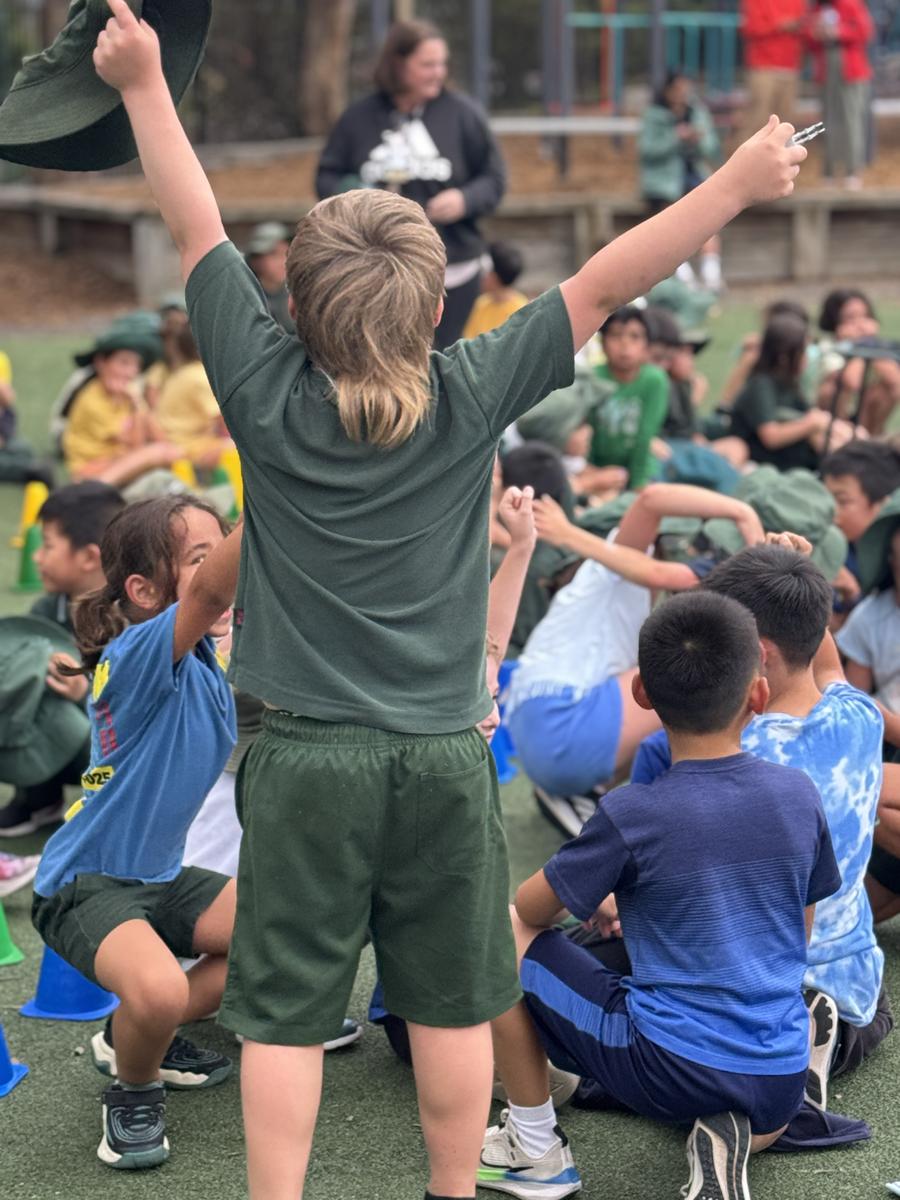
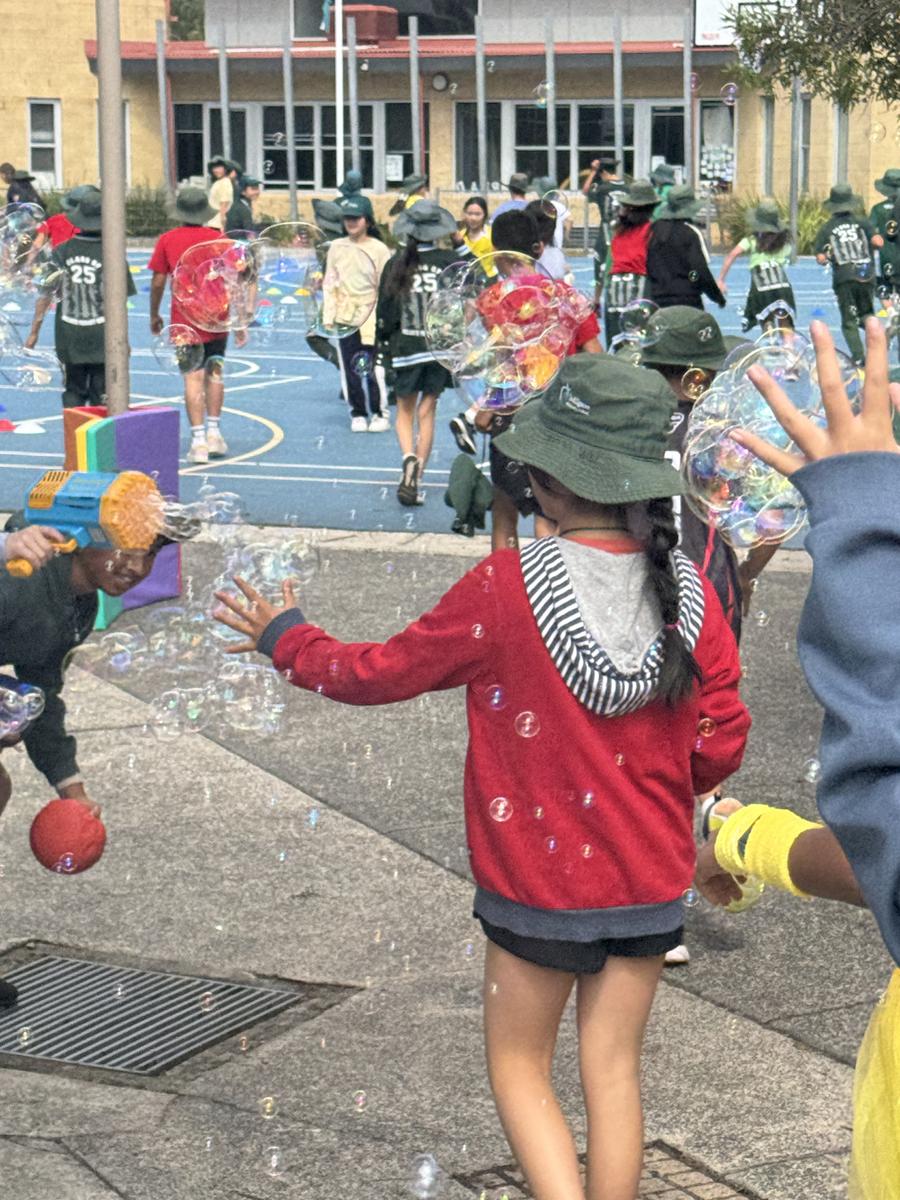
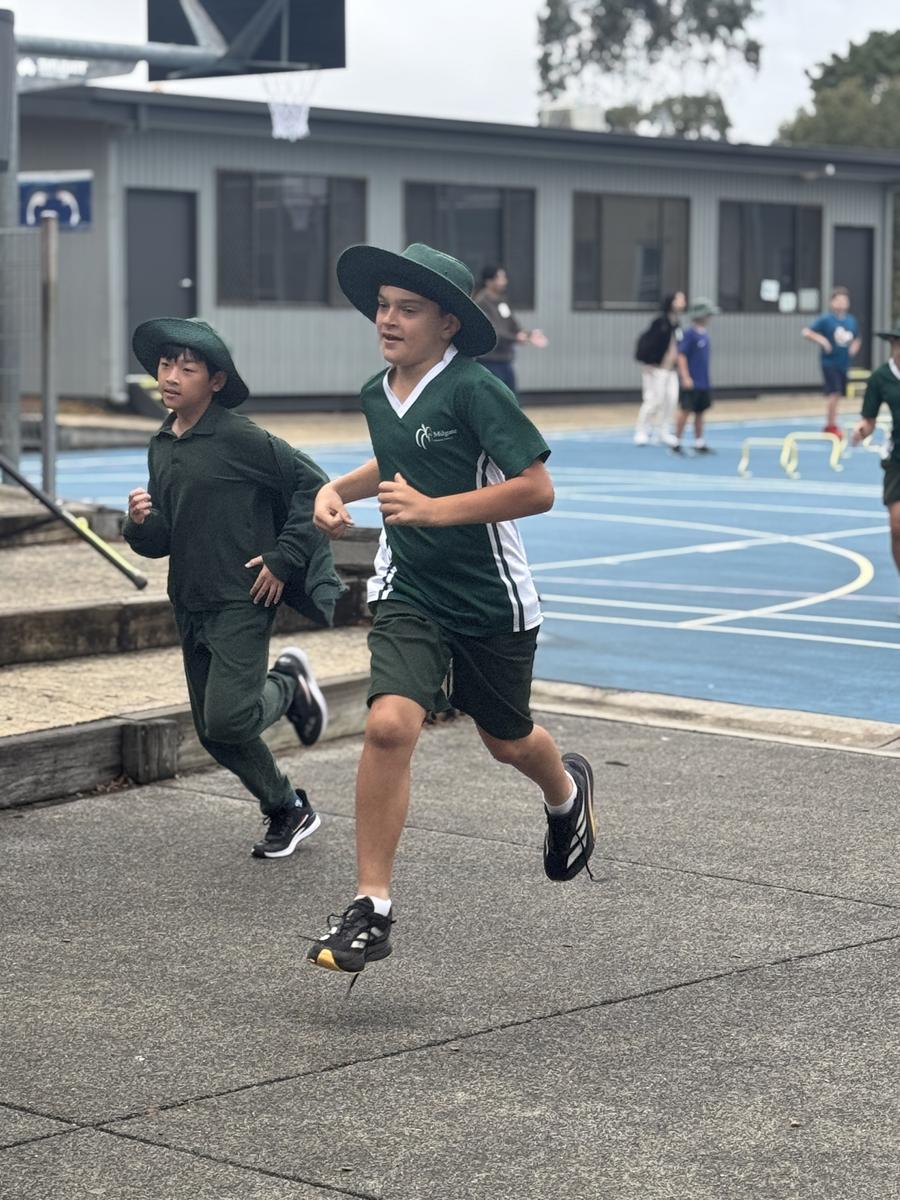
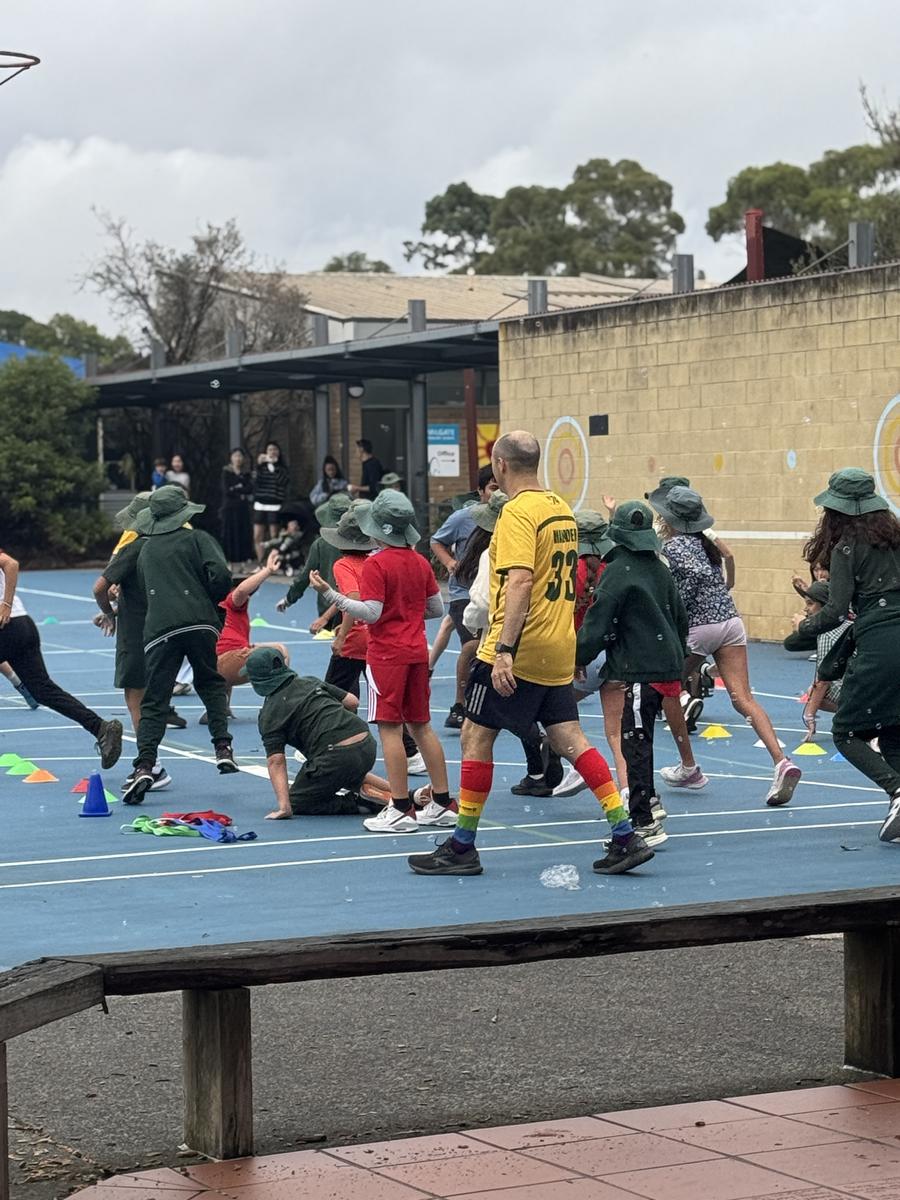
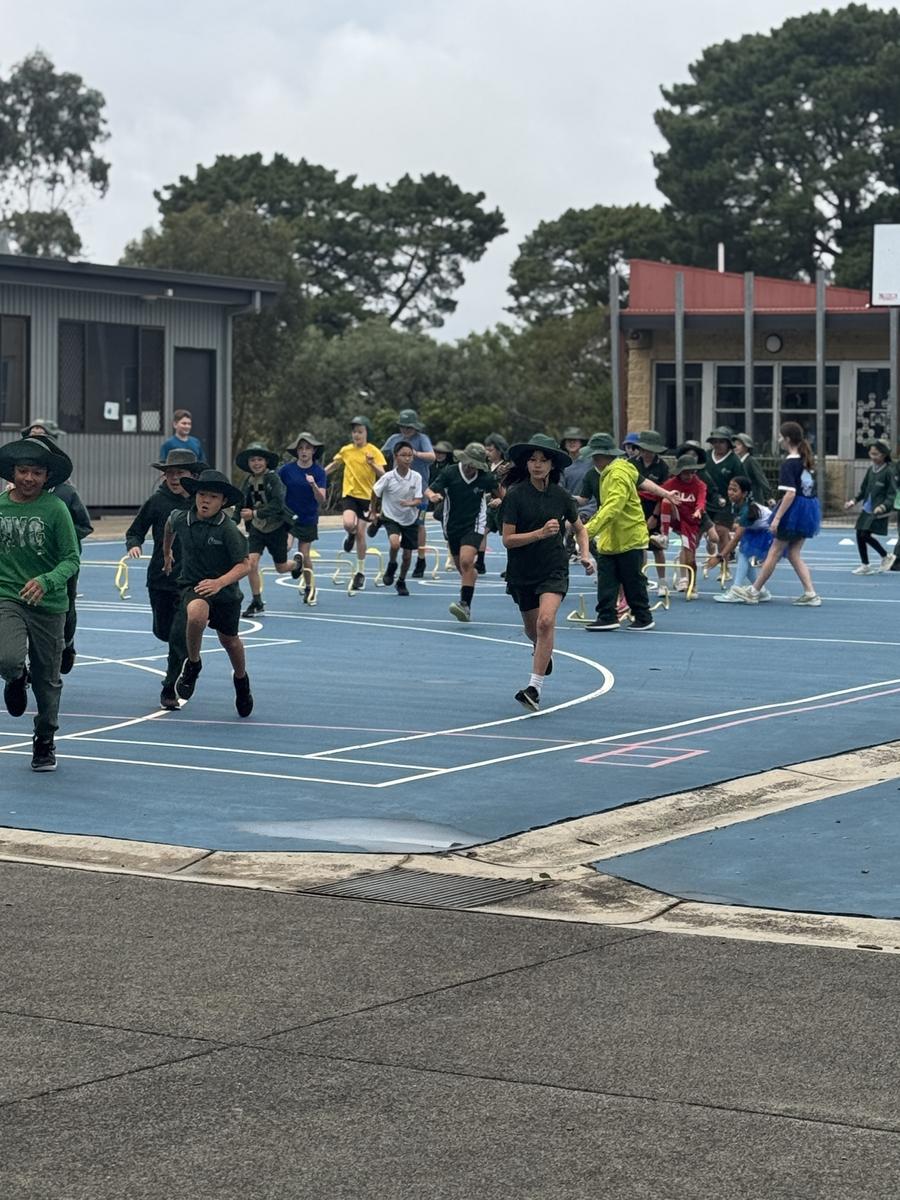
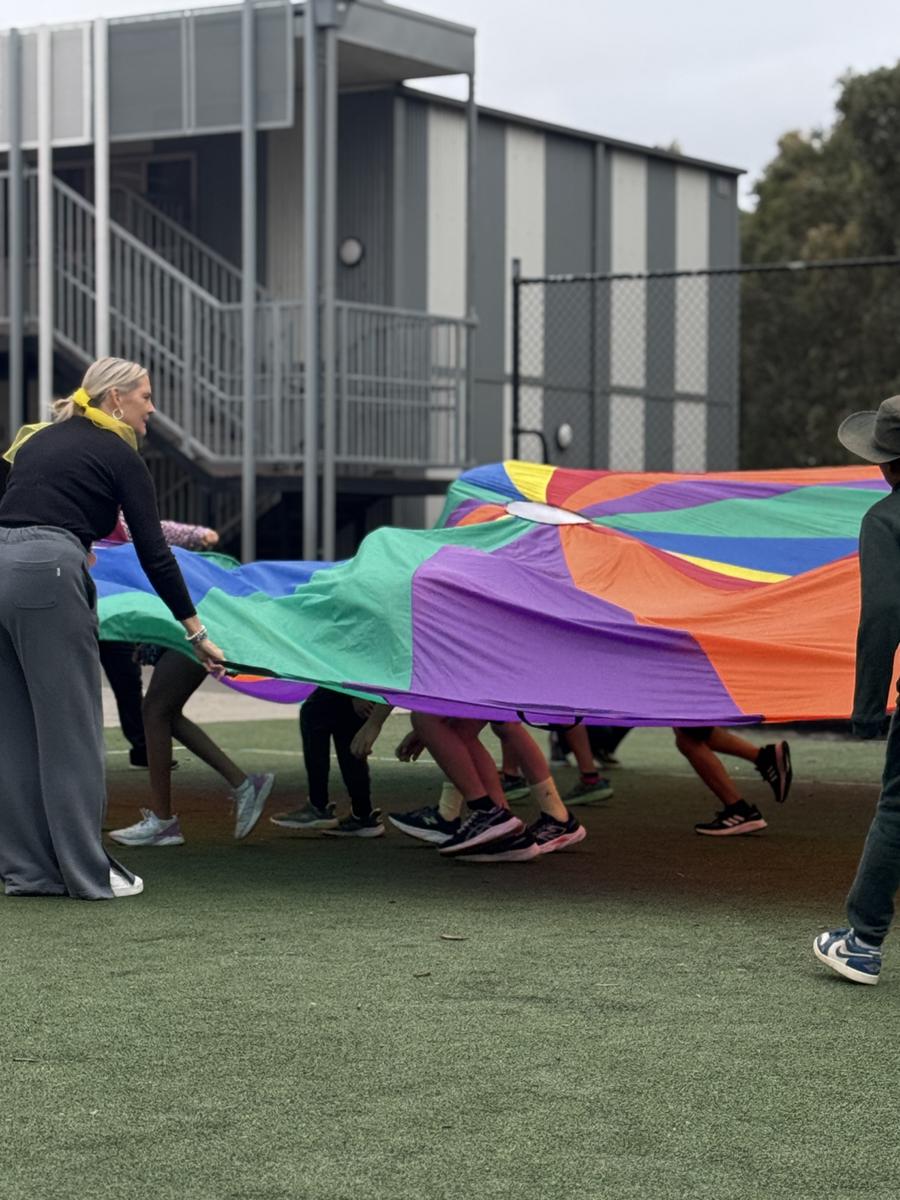
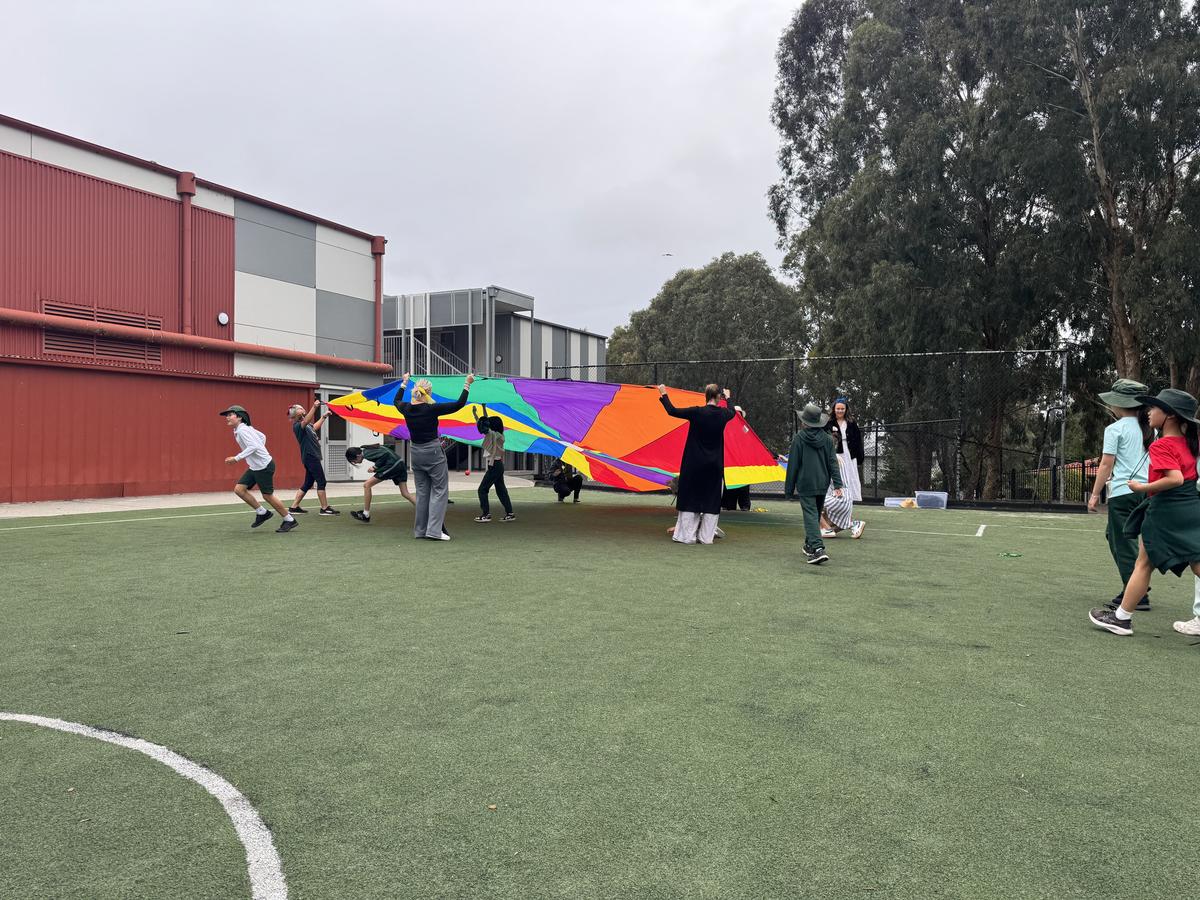
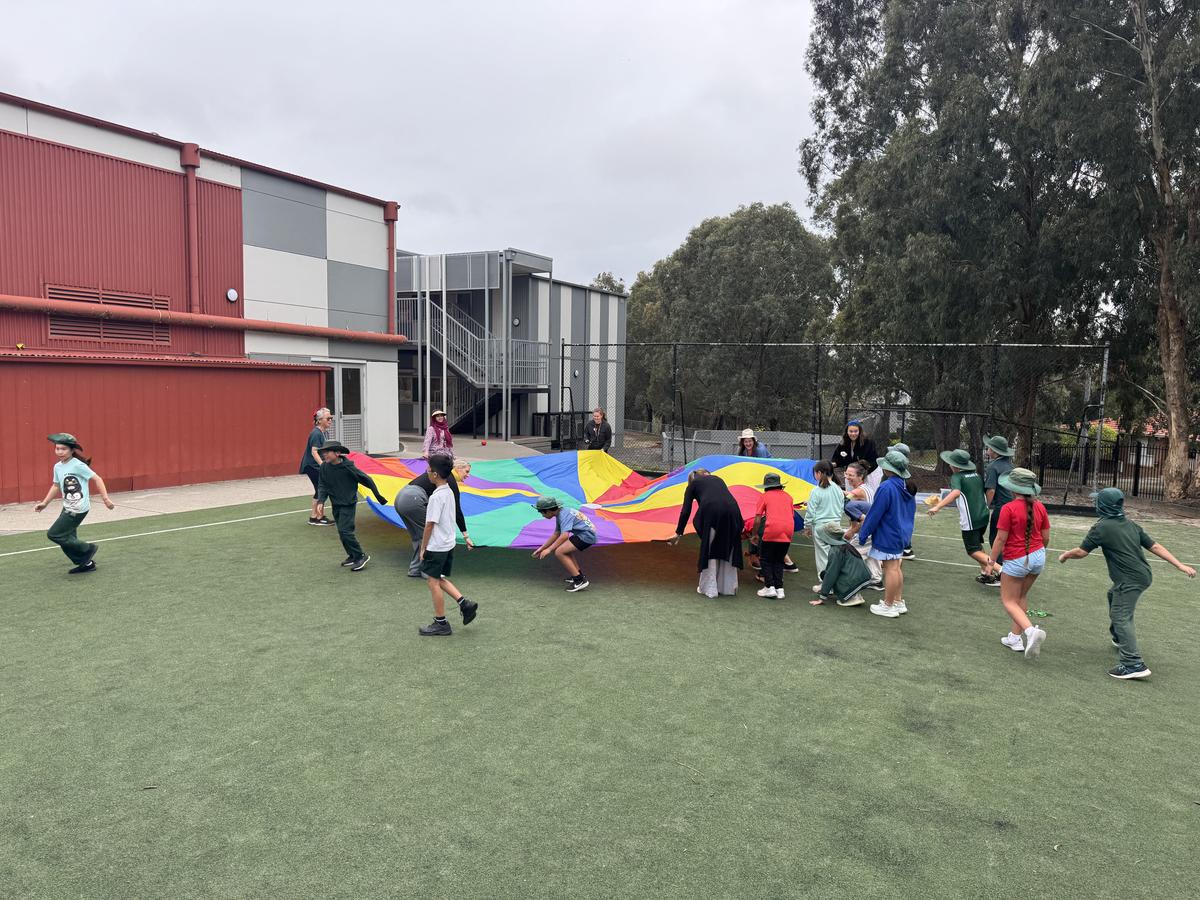
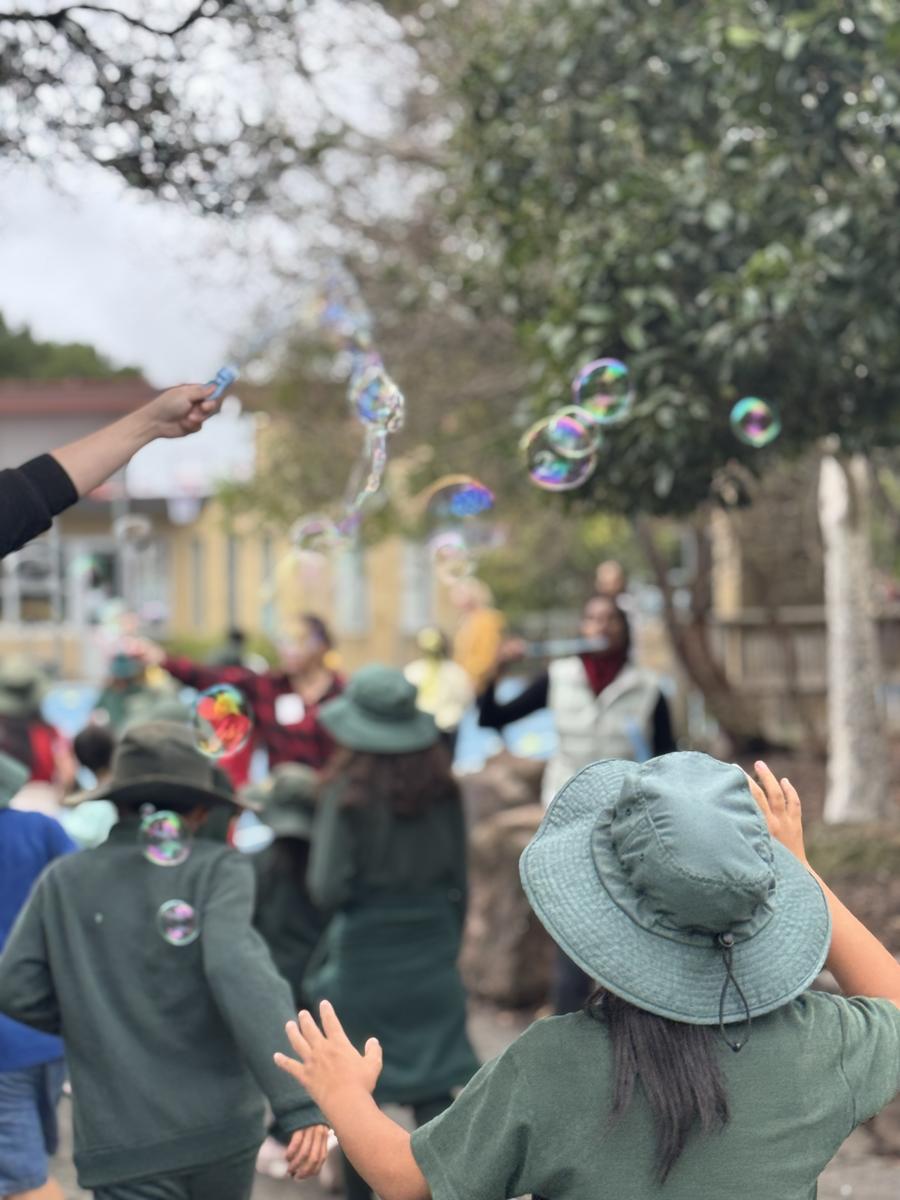

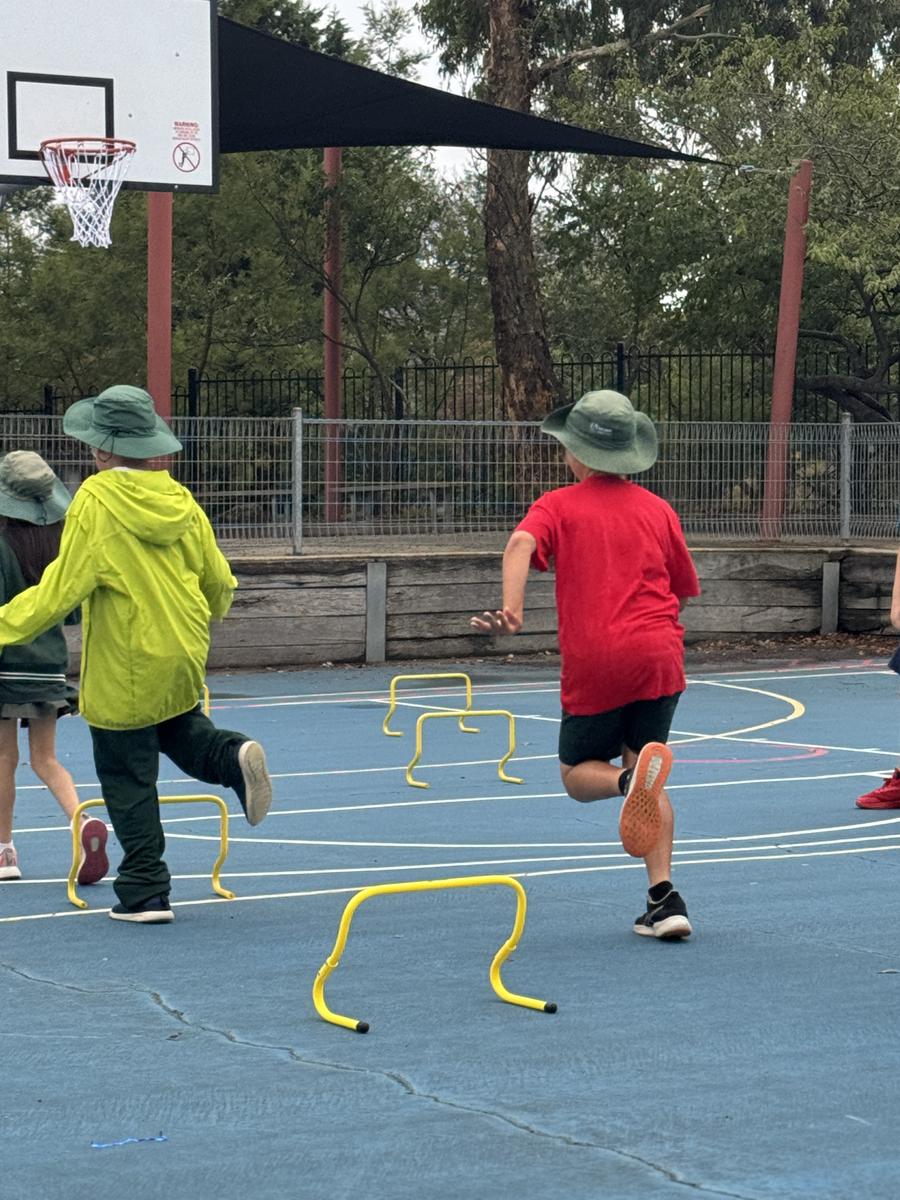











On Thursday, we celebrated Harmony Day, a day dedicated to recognising and embracing the diversity that makes our community so vibrant. Held annually on March 21st, Harmony Day is a time for reflection, connection, and understanding, as we come together to celebrate the unique cultures, backgrounds, and traditions that each person brings to our school.
At Milgate Primary School, we believe that a diverse and inclusive environment enhances learning, fosters creativity, and strengthens the bonds between students, staff, and the wider community. It is our commitment to not only acknowledge the differences among us but to celebrate and learn from them.
The day was an opportunity to reflect on the values of acceptance and mutual respect. It was about recognising that our differences are something to be celebrated, not feared, and that every person has something valuable to contribute to our community.
As we look back on this year’s celebration, we are reminded of the words of the Harmony Day motto: Everyone Belongs. It’s a message we strive to live by every day, not just on Harmony Day. The more we learn about one another’s cultures and experiences, the stronger and more united our community becomes.
Let’s continue to embrace diversity and foster an inclusive environment where everyone feels valued, respected, and proud of who they are.
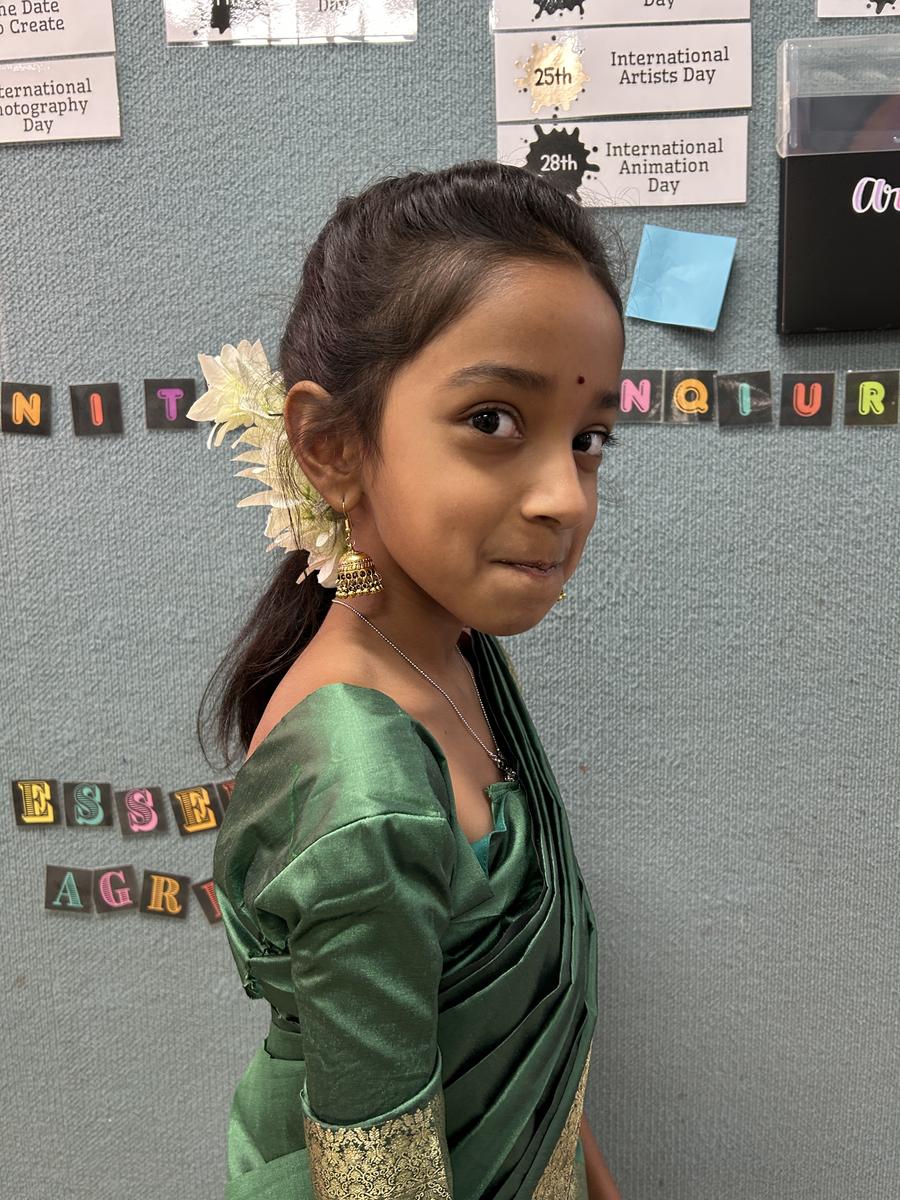
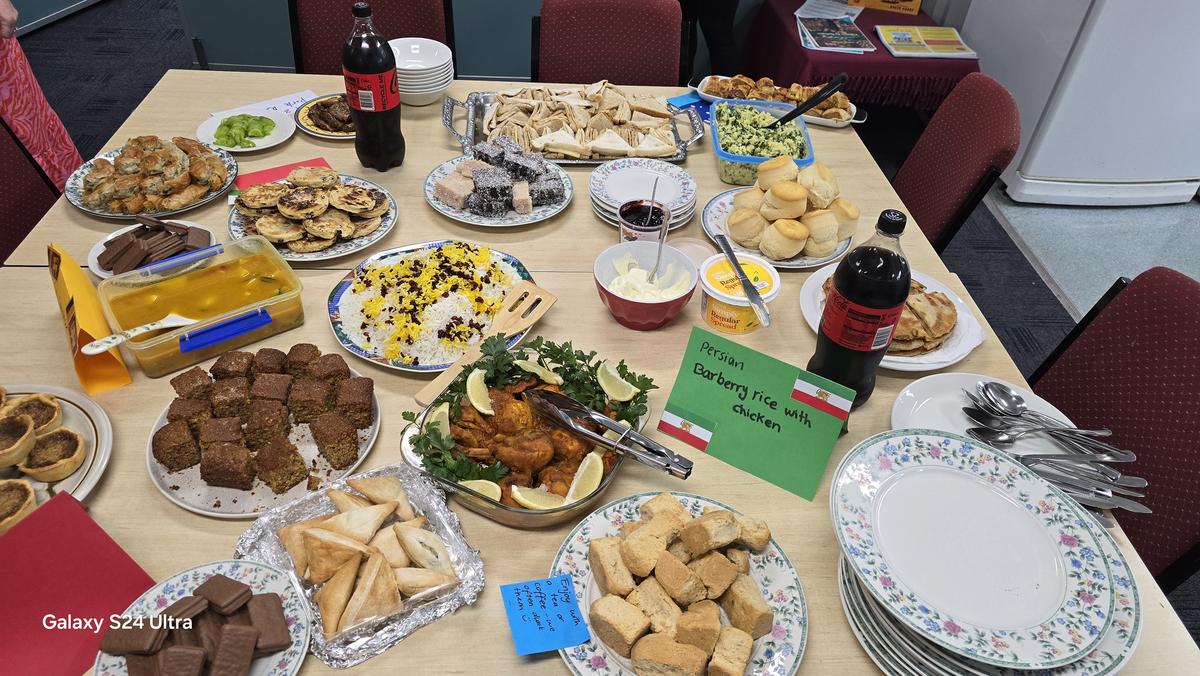
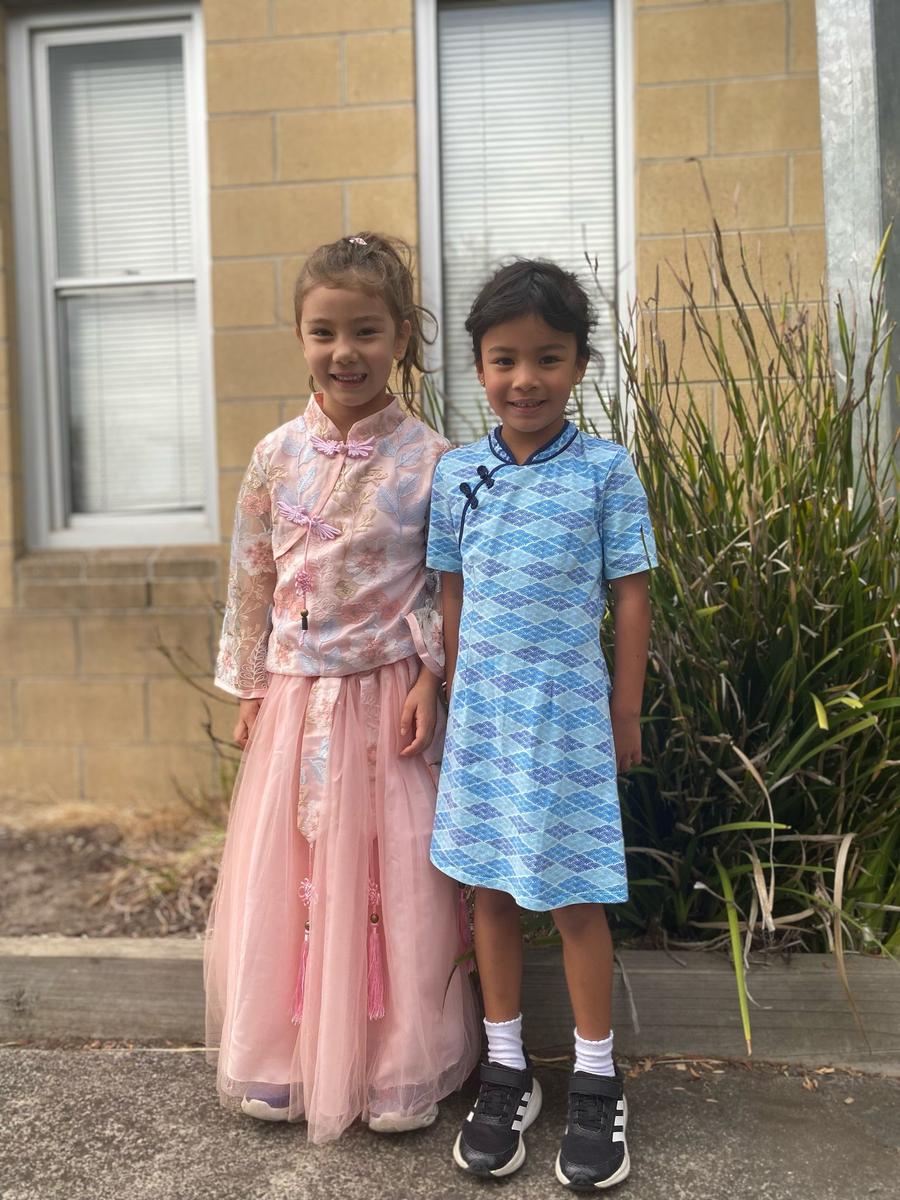







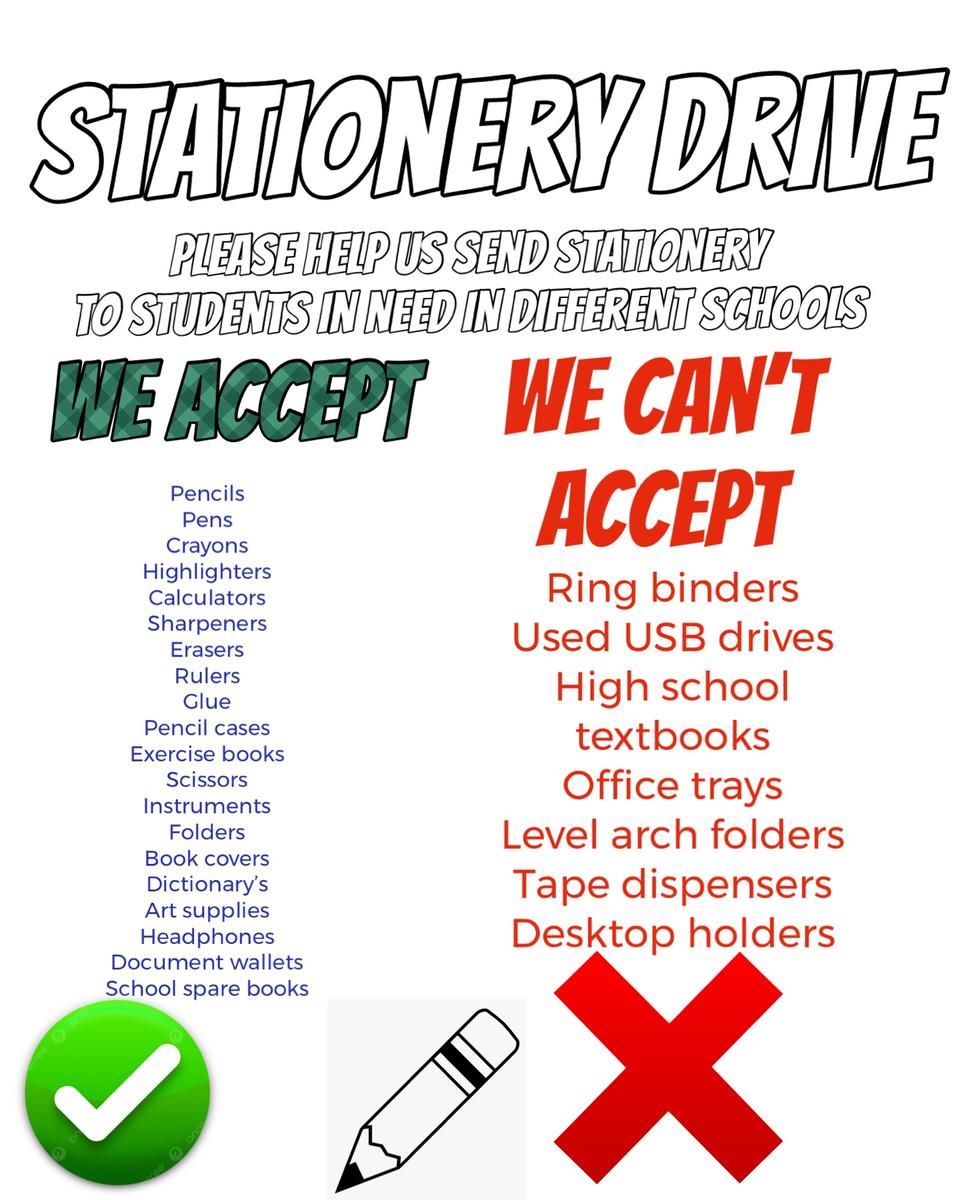

The Junior School Council is holding a Stationery Drive to assist Stationery Aid and support children who need assistance with school supplies.
Stationery Aid is a not-for-profit organisation that helps to create opportunities for disadvantaged school students and their families by donating environmentally sustainable educational resources.
They minimise our environmental impact by reusing and recycling stationery that would otherwise go to landfill. Stationery Aid aims to achieve a circular economy by continuing to renew, reuse and recycle where possible.
They collect, sort, clean, renew and donate excess and used education resources by creating booklist and stationery boxes for disadvantaged students.
The Junior School Council would appreciate it if you could donate any excess stationery you have to their Stationery Drive. Please DO NOT purchase any stationery, as the aim is for excess stationery that you may have at home to be recycled and reused.
Each classroom will have a collection tub for your donations - thank you!
Understanding emotional literacy is a vital part of students’ development because it helps them develop essential life skills that support their overall wellbeing, relationships, and learning. Students are provided with many opportunities to develop this important skill every day.
Why is Emotional Literacy Important?
Emotional literacy is a vital life skill that supports children in:
Helps emotional regulation - Children are still learning how to identify and manage their emotions. Emotional literacy gives them the tools to recognise feelings like frustration, sadness, or excitement and respond in healthy ways rather than through outbursts or withdrawal.
Building positive relationships - Understanding emotions helps children develop empathy and communicate effectively, leading to stronger friendships and fewer conflicts. When children can express their feelings appropriately, they are more likely to navigate social situations successfully.
Enhancing learning and focus - When children can manage emotions like anxiety, frustration, or disappointment, they are better able to focus in class, engage in learning, and persist through challenges. Emotional regulation is linked to improved academic performance.
Promoting resilience and wellbeing - Life comes with ups and downs, even for young children. Teaching emotional literacy equips them with coping strategies to handle stress, setbacks, and change, fostering resilience and mental wellbeing.
Reducing behavioural issues - Behavioural challenges can stem from difficulty in expressing emotions appropriately. When children learn to identify their feelings and communicate their needs, they are less likely to act out through aggression, avoidance, or defiance.
Emotional literacy at Milgate
At Milgate, we are integrating emotional literacy into our daily practices through:
Supporting emotional literacy at home
Families play a key role in reinforcing emotional literacy. Here are some simple strategies to support your child:
When: Wednesday 26th March 2025, 7pm-8pm AEDT
Timing: 40 minutes + Question Time
In this session we will help you bridge the gap between gamers, parents and professionals through education and intelligent gaming strategies.
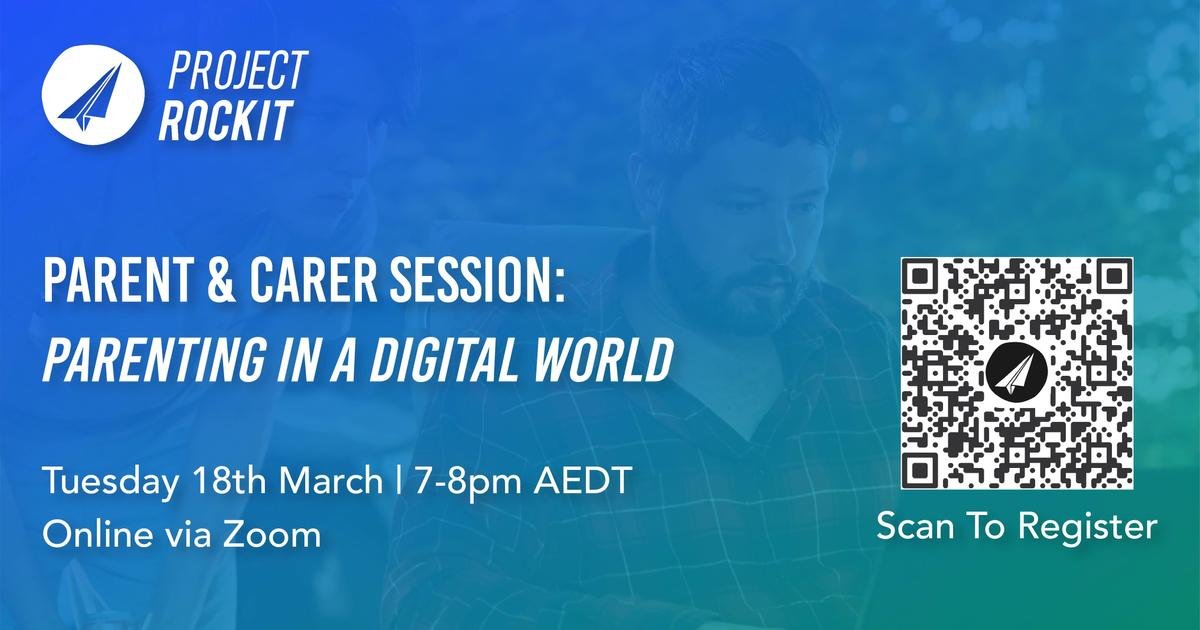

You will learn why your kids are gaming instead of doing other activities, understand the culture and psychology of gaming, discover where the line blurs between healthy and unhealthy gaming, and build resilience and life perspective.
Sign up through the flyer ->

